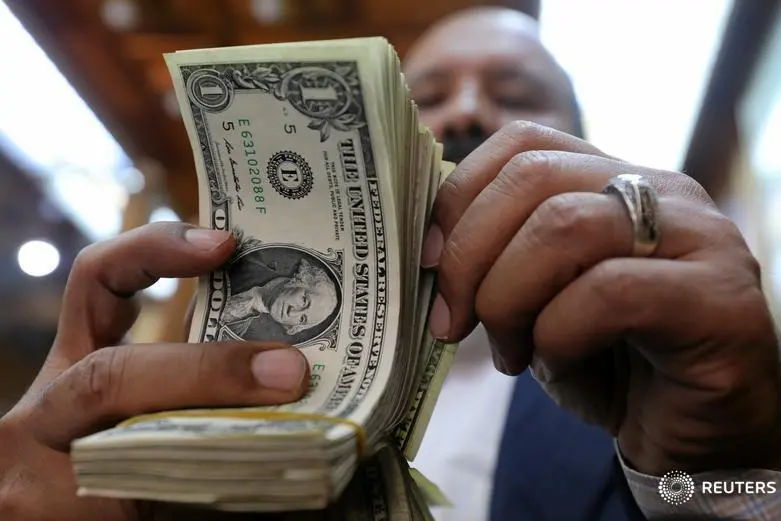PHOTO
Dollar continues to encounter selling
Dollar sellers are out in force, with the USD touching its lowest levels since early 2015 at the beginning of September. There are many reasons why the market remains negative on the Dollar, however recent developments like the persistent weakness seen in US inflation and the Vice Chair of the Federal Reserve, Stanley Fischer, announcing that he would leave his position have provided additional reasons why investors remain unconvinced on whether to purchase the Greenback at low levels.
Truth be told, low inflation has been a long-standing problem for the US economy and persistent weakness in headline inflation is nothing new. However, there are concerns that the lack of price pressure in the United States will prevent the Federal Reserve from raising US interest rates any higher. Federal Reserve Governor, Lael Brainard, has been quoted on record as recently as last week (4 September), stating that inflation is "well below target", which many have assumed means another US rate hike this year is off the table. Inflation may be failing to reach the Federal Reserve target, but economic growth is holding consistently above two per cent.
While the US GDP is still performing relatively well, the Greenback is feeling the weight of political uncertainty. Investors have become alarmed about the escalation in tensions between Washington and Pyongyang. There are also underlying concerns over the impact this will have on US - China relations, with Donald Trump likely to ramp up the pressure on China to do more to prevent North Korea from testing further missiles.
A lack of faith in President Trump's ability to push through his promised reforms only compound the problem, with investors remaining hesitant to purchase the Greenback. His latest, Democrat-friendly, government spending deal risks alienating the Republican voting base, just as he begins to push for major tax reforms. It seems the Greenback may struggle to bounce back any time soon, and that any rebound from its current levels might be short-lived.
This is of relevance to the UAE dirham with the local note being pegged to the Dollar. The dirham has mirrored the declines that the Dollar has encountered against its trading partners. Although there is a risk for the UAE economy that the weaker dirham might encourage a trade deficit, it is expected that this will bring overall positive benefits on the UAE economy. Externally facing UAE sectors such as tourism, property and retail can all benefit from increased foreign spending.
Political risk and the euro
Euro strength has been the major talking point of the financial markets in recent months, following the Eurodollar advancing close to 15 per cent, year-to-date. With the Dollar peg, this means that the dirham has noted similar losses against the euro in 2017. While the Dollar has underper formed due to a variety of political risks unsettling investors, the markets have become very positive towards the euro.
The eurozone has registered an unexpected improvement in growth this year, with the consistent strength in data encouraging speculation that the European Central Bank (ECB) will begin wrapping up its Quantitative Easing (QE) stimulus. The assumption that the ECB might even lift interest rates in the future is premature, but it has helped strengthen the currency. I do not think that the ECB will be comfortable with the rapid appreciation in the Euro, but traders want to price in that the ECB will eventually have to normalise monetary policy - even if this doesn't happen any time soon.
With the euro remaining close to 1.20 against the dollar at time of writing, it has to be considered that not much risk premium has been priced into the euro, with an election looming in Germany on 24 September. With Chancellor Angela Merkel seen as the heavy favourite to be declared victor, the financial markets are going to be in for a shock if the outcome is any different. One of the reasons why investors have bought into Europe so heavily this year, is because of optimism around Europe defeating populism, but this one more event risk that I don't think investors can afford to completely ignore. It is therefore possible that some political risk premium is going to be priced into the euro as the German election edges closer, meaning that the Dirham could perhaps be provided with an opportunity to gain back some losses against the euro before the event.
The writer is VP of Market Research at FXTM. Views expressed by him are his own and do not reflect the newspaper's policy.
Copyright 2017 Khaleej Times. All Rights Reserved. Provided by SyndiGate Media Inc. (Syndigate.info).





















